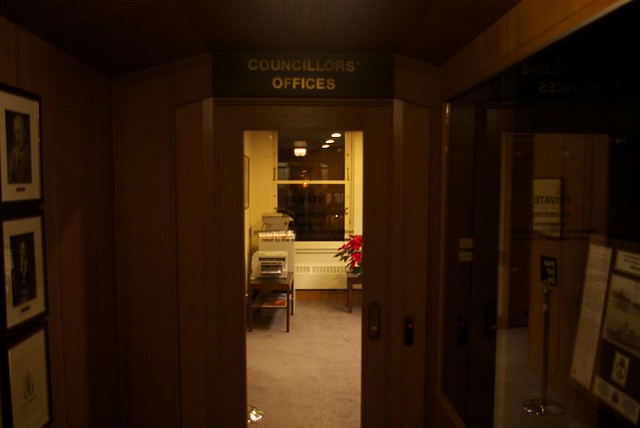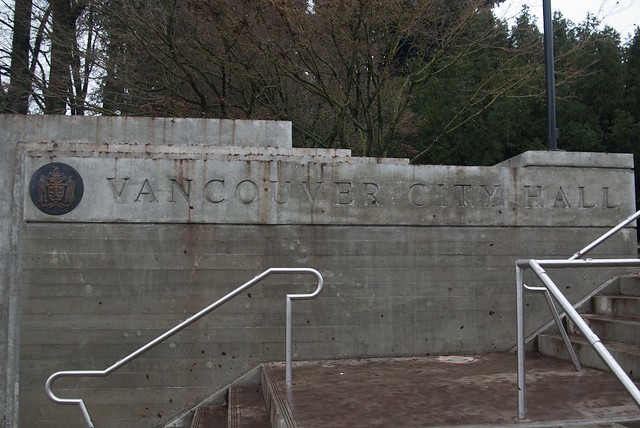The past three years of civic politics have been rich in spectacle, poor on substance. Politicians brought us the Olympic Games, hoping to cash in on Olympics-associated political capital. Then they brought us the Stanley Cup finals celebration, hoping again that street parties might translate into electoral favour. Meanwhile, our city became the most unaffordable on earth, and we even managed to fill a massive social housing project with only the fabulously well-to-do.
With the the right-wing NPA and the ‘centrist’ Vision identical on all core policy planks, these two parties are forced to highlight the most inane and trivial sideshows to distinguish themselves (bike lanes, lawns, etc.). Meanwhile, Vancouver’s working class party (COPE) has conceded the next three years to Vision-NPA rule. The established parties are avoiding all discussion of substantive issues. It appears that the coming civic elections will include many politicians but no politics. In this context of political oblivion, it is inevitable that other voices will begin to speak out. They may be unconventional, and we may not agree with all they espouse, but such is the cost when major parties impose political black-out. The Mainlander intends to highlight some of these less heard voices.
Gerry McGuire, of Vancouver Citizen’s Voice, is one of the individuals challenging the city hall scene. He has decided to run for Mayor against, among others, Gregor Robertson and Suzanne Anton. The Mainlander recently sat down with Mr. McGuire to find out why he’s running for Mayor, and why he thinks Vancouver needs a new political party.
ML: Why does Vancouver need a new political party?
GM: Because, from my viewpoint, none of them are representing the average Vancouver citizen very well.
Vision, by taking COPE in, has neutered the left, yet Vision is not a left wing party. They’re more developer friendly than the NPA would ever dare to be, which should be shocking for anybody that voted for them. You can’t stop progress, but what they’re doing is beyond the pale. They’re letting the developers run wild.
80%-90 of community amenity contributions don’t really reach the neighbourhood in the way they’re supposed to. $834,000 at Cambie and South-West Marine, for a bicycle facility. What about the kids in the neighbourhood who don’t have parks, swimming pools, libraries, community centers?


